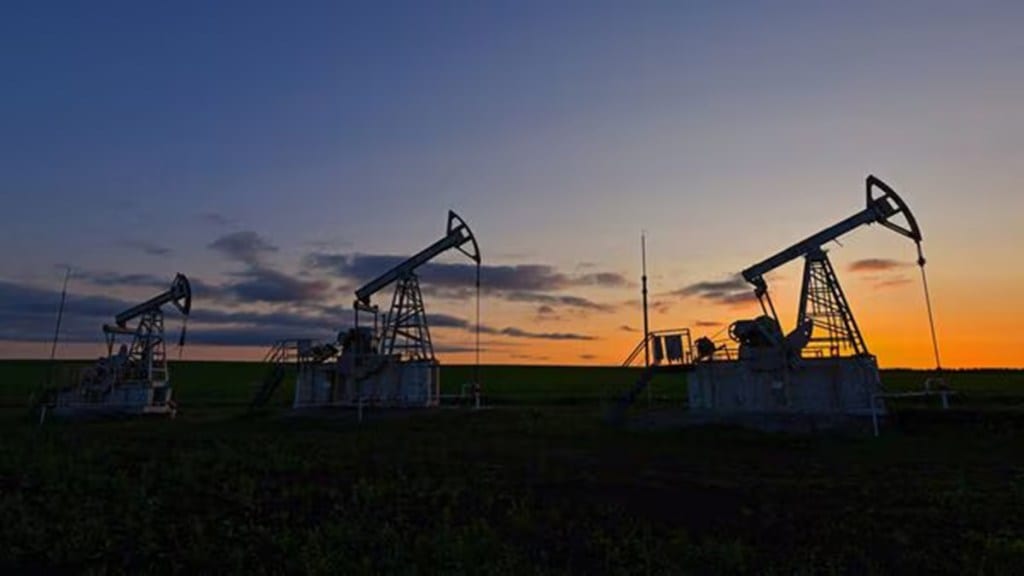The plan of Organisation of Petroleum Exporting Countries (OPEC) to increase oil production is expected to lower prices benefitting India, given the country is a net importer of crude oil, analysts say. The global oil market is currently subdued with oil prices hovering in the lower range of $70 per barrel and a potential increase in oil supply comes in favor of the country’s downstream sector.
“OPEC+ production increase has largely been on expected lines, and so was the market reaction. The oil market remains fundamentally weak, and the latest OPEC+ increase adds to that,” said Pulkit Agarwal, Head of India Content (cross commodities) S&P Global Commodity Insights. “Platts last assessed the price of Dated Brent at around $70 per barrel. In terms of implication, India is a net importer and therefore typically likes lower oil prices,” Agarwal said.
India imports over 85% of its oil requirements and is the third largest consumer of oil in the world.
In addition, the US tariff policy is a big overhang of uncertainty to global trade activity at the moment given the frequent announcements and postponements, Agarwal notes, adding that the actual size and form of imposition is keenly eyed.
Analysts and industry players have highlighted that supply from non-OPEC countries is also expected to grow in 2025 and beyond. Supply from the US in particular is expected to increase with $40-$50 per barrel free cash flow breakeven for US shale players and their robust balance sheet, as per an earlier report by Motilal Oswal. Analysts fear a supply glut which can further pull crude prices down in the medium term.
The OPEC has decided to go ahead with its decision to increase oil production starting April 1.“Taking into account the healthy market fundamentals and the positive market outlook, the nations re-affirmed their decision agreed upon on December 5, 2024, to proceed with a gradual and flexible return of the 2.2 million barrels per day voluntary adjustments starting on April 1, 2025, while remaining adaptable to evolving conditions,” the statement from OPEC said.
Accordingly, this gradual increase may be paused or reversed subject to market conditions, it added. “This flexibility will allow the group to continue to support oil market stability.”
The eight OPEC+ countries, including Saudi Arabia, Russia, Iraq, the United Arab Emirates, Kuwait, Kazakhstan, Algeria, and Oman had met virtually on March 3, 2025, to review global market conditions and the future outlook.
Furthermore, the countries also confirmed their intention to fully compensate for any overproduced volumes from January 2024, in accordance with the compensation plans submitted to the OPEC Secretariat, ensuring that all compensations are completed by June 2026.
This will be the first increase in output since 2022, which includes the Organization of the Petroleum Exporting Countries, plus Russia and other allies.
The cartel has been cutting output by 5.85 million barrels per day, equivalent to about 5.7% of global supply to support the global oil market as agreed in a series of steps since 2022 when the conflict between Russia and Ukraine first started.
